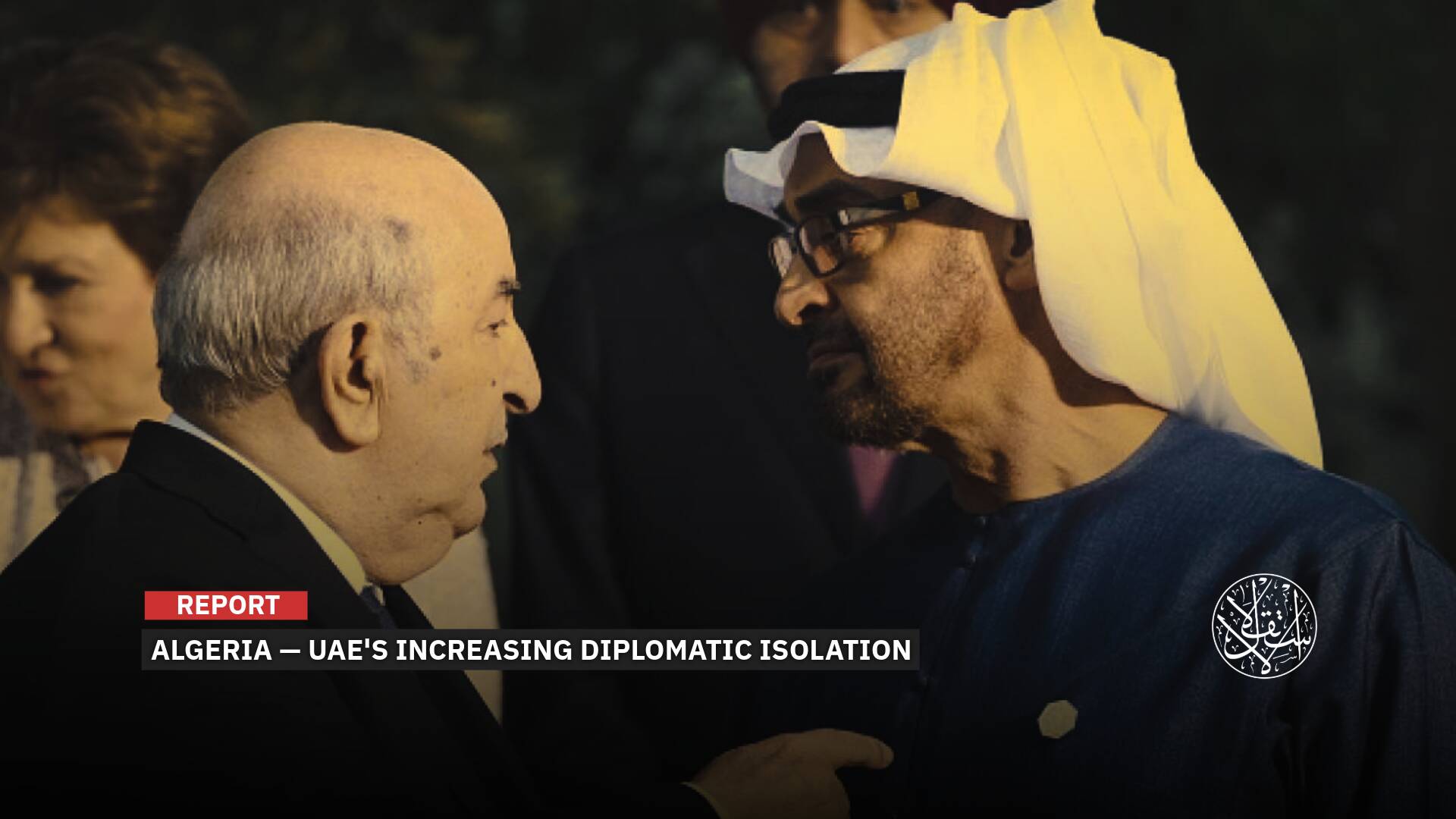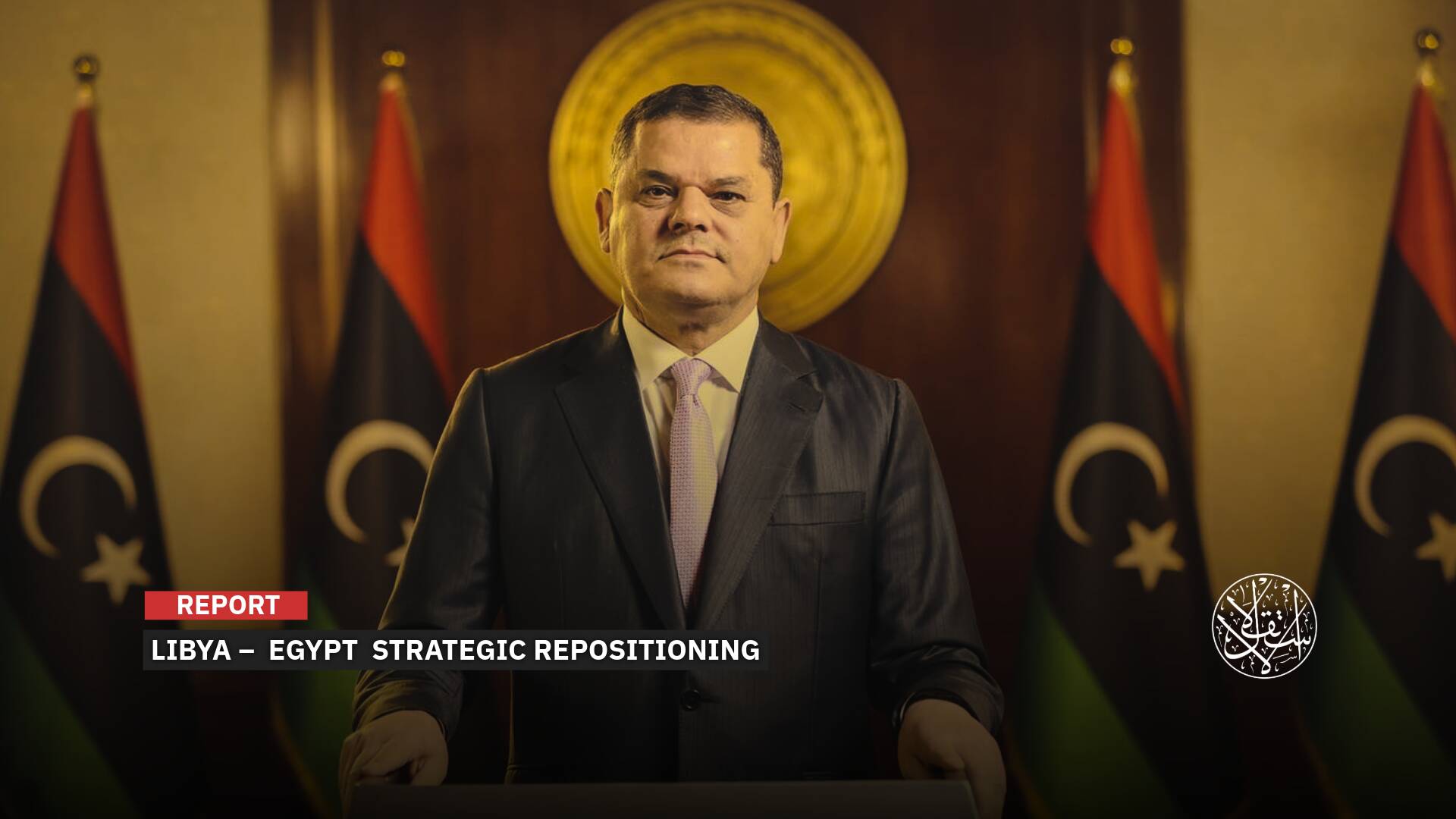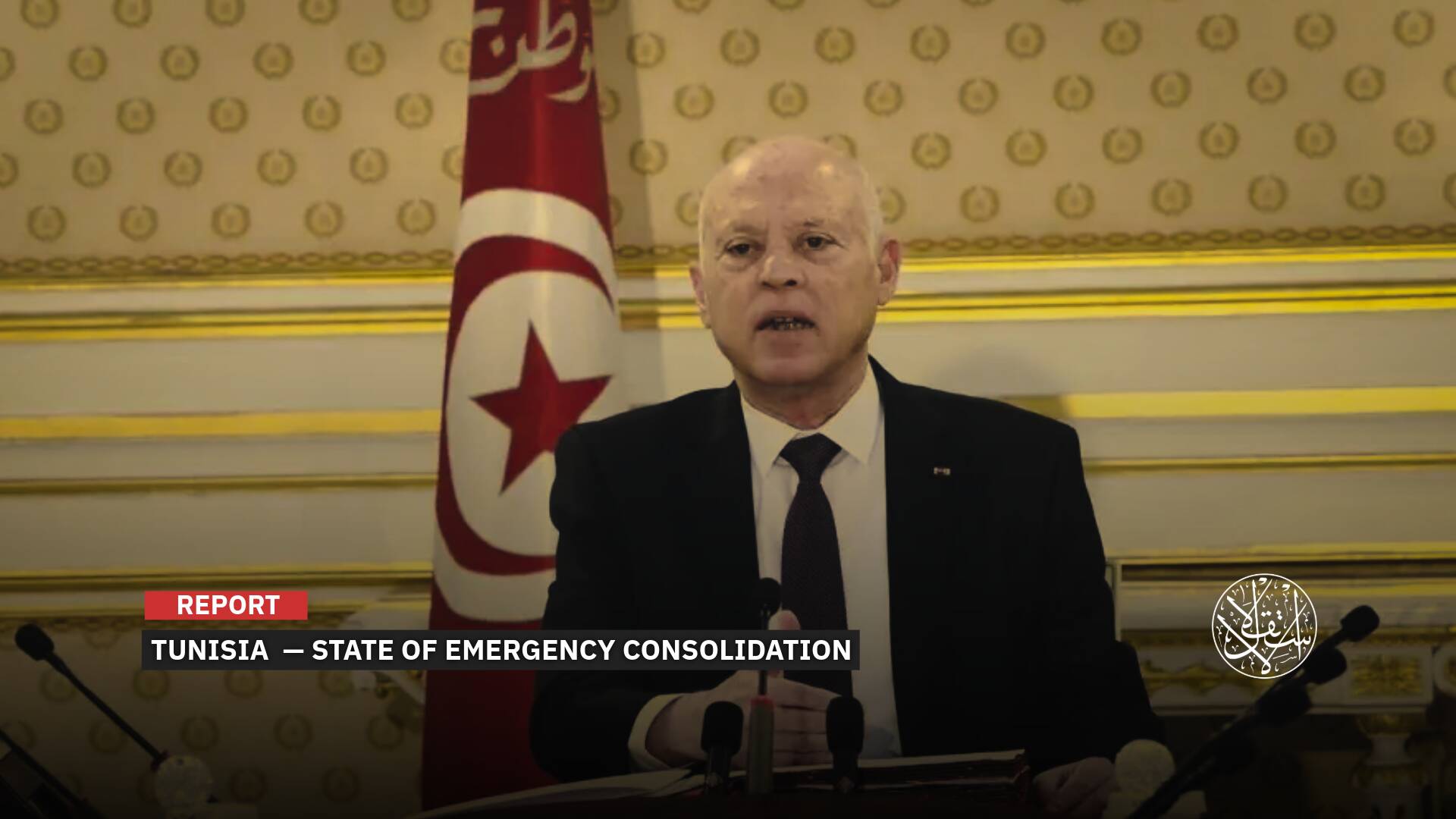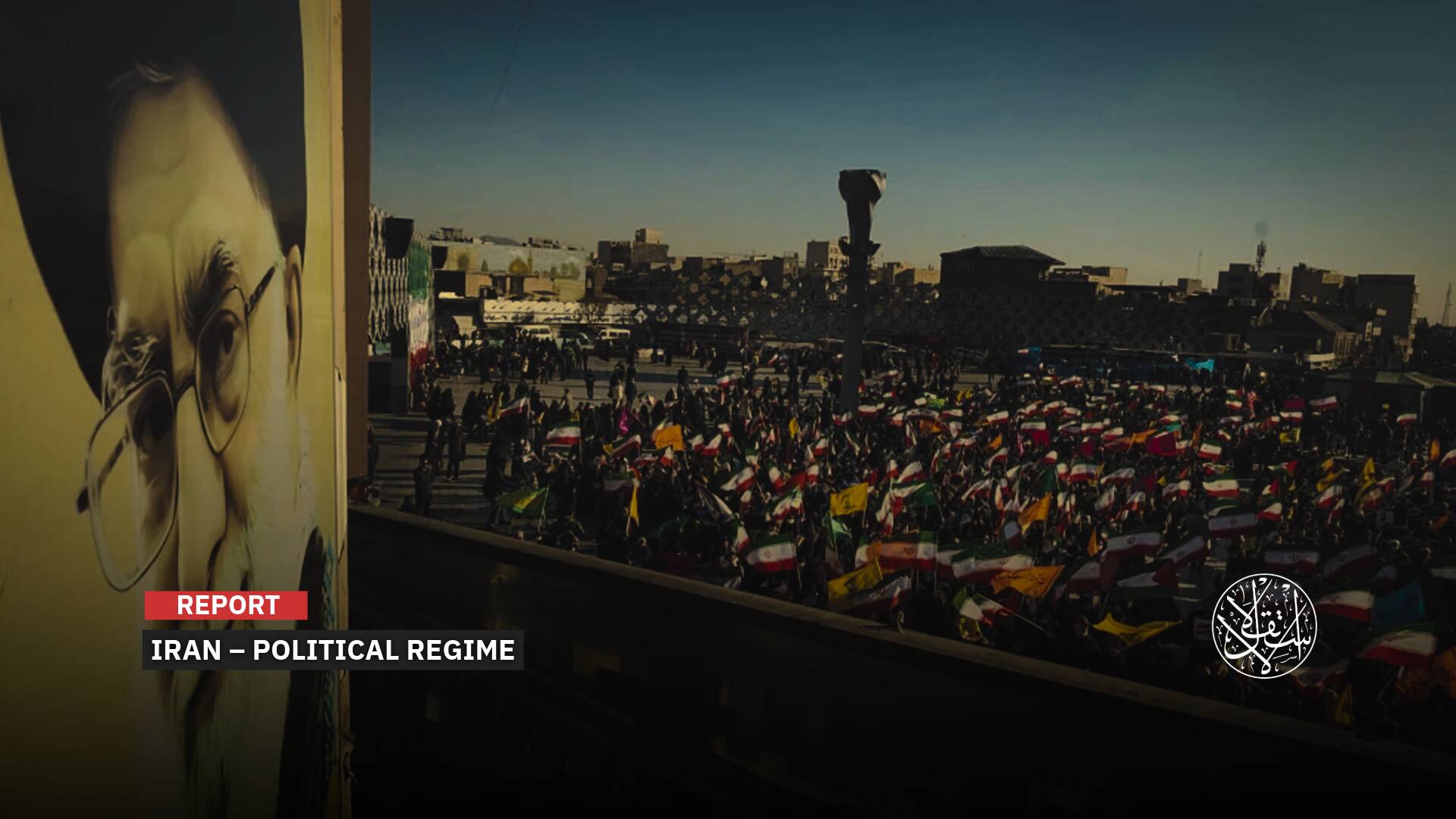How Does the International Community View the Coup of Kais Saied?

Tunisian President Kais Saied's seizure of the executive power sparked many international reactions, fearing that the cradle of the Arab Spring would slip into complicated circumstances.
On the evening of July 25, 2021, Saied announced, after an emergency meeting with military and security leaders, the freezing of Parliament's powers, and the dismissal of Prime Minister Hichem Mechichi from his duties, provided that he himself would assume the executive authority with the help of a government whose prime minister would be appointed.
A day later, Saied dismissed the Prime Minister in charge of running the Ministry of the Interior, Ibrahim Al-Bertji, the Minister of Defense, and Hasna Ben Slimane, the Minister in charge of the public service and the Acting Minister of Justice.
He took these measures on a day when many provinces witnessed popular protests, which demanded the overthrow of the entire ruling system and accused the opposition of failure, in light of political, economic and health crises.
Saied said that he took these decisions to "save the Tunisian state", but the majority of parties rejected these decisions, and some considered them a "coup against the constitution", while others supported what Tunisian’s President did, considering it a "Reform of the path."
The main component of the Tunisian parliament, the Islamist Ennahdha party, criticized the measures and denounced the "coup against the revolution and the constitution."
International Concern
The French newspaper Le Parisien says that these events have alarmed the international community, which is aware of the fragility of Tunisian democracy, a little more than ten years after the Arab Spring.
The European Union called on the Tunisian president to "restore institutional stability as soon as possible."
"We call for the resumption of parliamentary activity, respect for fundamental rights and Preserving democracy and the stability of the country is a priority," European Diplomacy Chief Josep Borrell said in a press release.
After suspending power in Tunisia's parliament, the EU said it was watching "developments in Tunisia with the greatest interest."
He recalled "the great support provided by the European Union and its member states to Tunisia in the context of a global pandemic (Corona) and an economic crisis."
For its part, France wants to "return as soon as possible to the normal work of the institutions" in Tunisia, according to the official spokesman of the French Foreign Ministry, Agnes von der Muhll.
Those institutions "must be able to focus on responding to the health, economic and social crisis," he said.

In the same context, the French Foreign Ministry stressed that "with full respect for Tunisia's sovereignty, France calls on all political forces in the country to avoid any form of violence and to preserve the country's democratic gains."
In the United States, Secretary of State Anthony Blinken called Kais Saied to urge him to “respect democratic principles” and call on him to “uphold an open dialogue with all political actors and the Tunisian people.”
In the same context, Blinken encouraged President Said to respect democratic principles and human rights that are the basis of governance in Tunisia.
He also pledged to provide American support for the Tunisian economy and fight Corona, which is a key element in the protests that erupted in the country and prompted Kais Saied to suspend Parliament.
The United States, through a State Department statement earlier, called on Tunisia not to "waste" the fragile progress of democracy.
In the same statement, US said it was disturbed by the media situation in Tunisia after the office of the Qatari Al-Jazeera channel was closed without explanation or legal basis.
The German Foreign Ministry stated that it was "extremely concerned", noting that "it is now important to return to the constitutional order as soon as possible."
It considered that the events "pose a great challenge to Tunisia" and indicate "the urgent need to address political and economic reforms now."
Big Risks
As for Russia, it hoped that "nothing threatens the stability and security of citizens" in Tunisia, adding that the Russian government is "monitoring" the situation.
In Algeria, the main Islamist party, the Movement for a Society for Peace, denounced in a press release the “coup against the constitution and the popular will of our Tunisian brothers expressed during the previous legislative elections,” calling on the Algerian authorities to “support the legitimate institutions in Tunisia.”
According to a tweet from the Algerian presidency, Kais Saied spoke by phone with his Algerian counterpart, Abdelmadjid Tebboune, about "the latest developments in Tunisia."
Le Parisien says that "in Turkey, a country allied with the Ennahda party," the Turkish presidency refused to "suspend the democratic process and disdain the people's desire for democracy."
The State Department said it was "deeply concerned" by the turn of events, calling for "the restoration of democratic legitimacy" in order to "preserve Tunisia's democratic achievements."
In Cairo, the Secretary-General of the League of Arab States, Ahmed Aboul Gheit, expressed, during a telephone conversation with Tunisian Foreign Minister Othman Al-Jarandi, their "full support for the Tunisian people."
"We hope Tunisia will survive the turmoil quickly," he added.
In Doha, the Qatari Foreign Ministry called for "raising the voice of wisdom and avoiding any escalation," expressing its hope that "the path of dialogue will be adopted to get out of this crisis."
In Saudi Arabia, Foreign Minister Faisal bin Farhan spoke with his Tunisian counterpart, insisting on the kingdom's commitment to Tunisia's security.
Jordan's diplomatic chief Ayman Safadi tweeted that he "hopes that the Tunisian brothers will overcome this difficult situation by preserving the country's stability (...) and protecting their achievements."
Several NGOs have denounced the crisis threatening press freedom following the closure of Al Jazeera's office.
In a statement, Amnesty International called on the Tunisian president to "respect and protect human rights, including freedom of expression, association and peaceful assembly."
It said it was "concerned" after a "disturbing raid by security forces on Al Jazeera's offices in Tunisia" and "the president's threats to use force against those who threaten state security."
The NGO Reporters Without Borders also called on the authorities to "respect press freedom and media pluralism", denouncing the closure of Al Jazeera's office.









